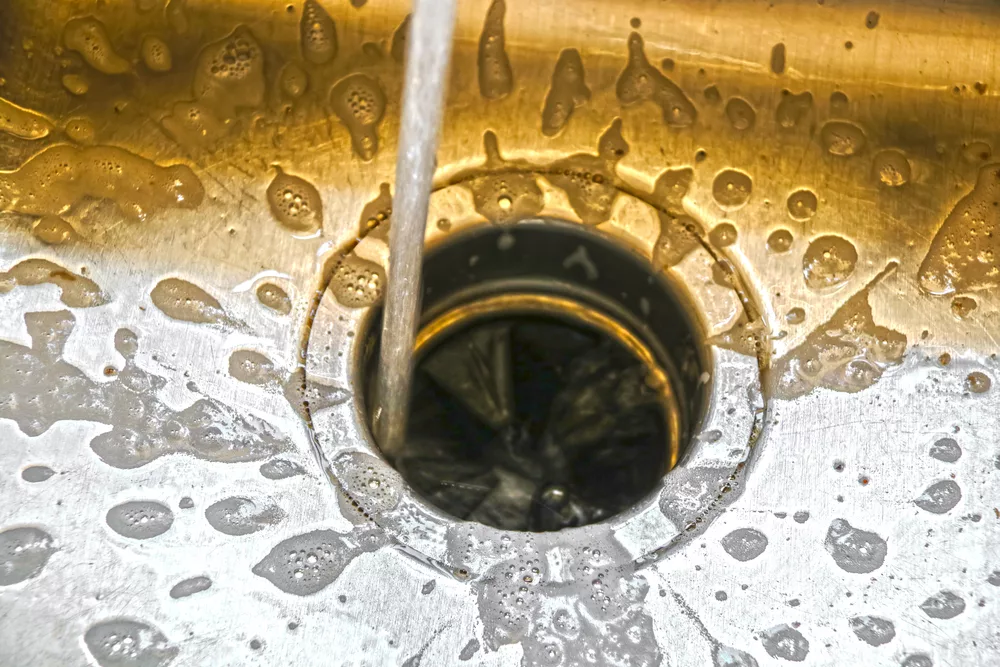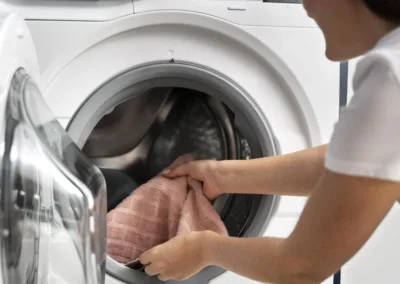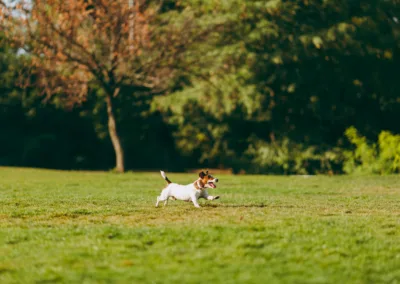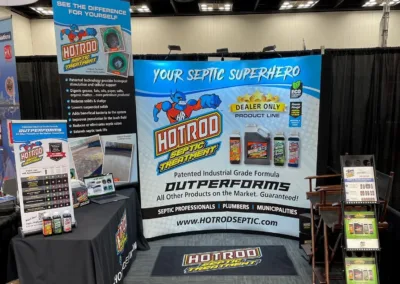
It might seem like the convenience of a garbage disposal outweighs the issues it could cause with your septic system, but that’s not the case. Though garbage disposals shred food into smaller pieces, giving the appearance of less solid waste going into your system, they actually increase the amount of solid waste. The ground-up food particles still make their way into your system, adding to the layer of waste at the bottom, as bacteria take time to digest them. Without a garbage disposal, you dispose of this waste somewhere else, like the trash of a compost bin, where it can’t contribute to the waste already in your system.
Why It’s Not Recommended
The primary reason why many experts advise against using garbage disposals with septic systems is that they can significantly reduce the effectiveness of your septic system. Here’s why:
Overloading the Septic Tank
Garbage disposals require a substantial amount of water to flush food waste down the drain effectively. This additional water can overwhelm your septic system, causing it to fill up faster than it should. When the septic tank becomes too full, it can lead to issues like sewage backups and costly pump-outs.
Disrupting the Bacterial Balance
Healthy septic tanks rely on a balanced ecosystem of beneficial bacteria to break down solid waste. These bacteria play a crucial role in decomposing organic matter and maintaining the tank’s functionality. When you use a garbage disposal, you introduce food particles into the septic tank, which can disrupt this delicate bacterial balance. As a result, the breakdown of waste may become less efficient, potentially leading to increased sludge levels and reduced system performance.
In healthy septic tanks, bacteria have adapted to break down the organic solids efficiently. However, the introduction of food waste from a garbage disposal can disrupt this balance and create challenges for your septic system.
More Frequent Pumping
Using a garbage disposal often means that your septic tank will need to be pumped out more frequently because of all the additional solid waste. Pumping out a septic tank can be costly and inconvenient, and it can also put a strain on your system over time.
Potential for Clogs
Food particles from garbage disposals can accumulate in the drain field pipes, potentially leading to clogs and reduced drain field efficiency. This can result in slow drains, odors, and even system failure.
If you’re still thinking about using a garbage disposal with your septic system, here are some tips from our experience you should keep in mind:
- Don’t use the garbage disposal too often to avoid overloading your septic system.
- Be aware of food restrictions that not only damage garbage disposals, but also cause problems with septic systems. Familiarize yourself with the foods that shouldn’t go into a disposal, including vegetable peels, rice, and pasta.
- Make sure you follow the maintenance recommendations for your septic system to keep it working well.
- Keep an eye out for signs of septic system problems, like slow drains, strange smells, or backups, and deal with them promptly.
- Check out the alternatives we’ve listed below, we recommend them over using a garbage disposal because we know they’ll lead to a healthier, more efficient septic system.
Alternatives to Garbage Disposals
Instead of relying on a garbage disposal, homeowners with septic systems can adopt alternative waste management practices:
Throw it Out: Maybe not the most glamorous of methods, but simply throwing food waste in the garbage instead of washing it down the sink is an easy alternative to using a garbage disposal.
Sink Strainer: A sink strainer is a simple but effective gadget that stops food scraps from going down the drain. Installing one is easy and affordable, but it requires consistent emptying. You still need to scrape any large remaining quantities of food into the garbage so these don’t get clogged up immediately, but they will catch any scraps from getting into your pipes or septic system.
Composting: Composting is our favorite alternative to garbage disposals, and we definitely recommend it. It’s both environmentally friendly and an effective way to dispose of kitchen waste. There are so many ways to compost now, it’s easy to find the perfect fit for you and your home. Here are some options to consider:
-
-
-
- Convenient and easy indoor countertop composting bins
- Vermicomposting, which can be done inside or outside
- Outdoor composting, with a designated area outside or a compost tumbler
- Even Smart Composting products, like Sepura, have been created, which are installed under your sink as a garbage disposal replacement – check it out!
-
-
While garbage disposals can offer convenience in the kitchen, their use with septic systems comes with notable risks. Overloading the septic tank, disrupting the bacterial balance, and the potential for clogs can lead to system inefficiencies and increased maintenance costs. Homeowners with septic systems should carefully consider these factors and explore alternative waste disposal methods to ensure their septic systems continue to function effectively. Consulting with a septic professional can provide further guidance tailored to your specific situation, helping you make informed decisions about your waste management practices and the use of garbage disposals in your home.
If you’re unsure, it’s always a good idea to talk to a septic professional who can give you advice tailored to your specific situation. With a little care and thought, you can make the right choice about using a garbage disposal in your home with a septic system. For any home with a septic tank, the most important thing is to keep the ecosystem inside thriving, so those little bacteria flourish and can break down all the waste inside. Check out HOTROD Septic Solutions for an easy, twice a year application that keeps the bacteria and enzymes inside your septic system happy and healthy all year round.


